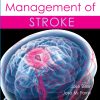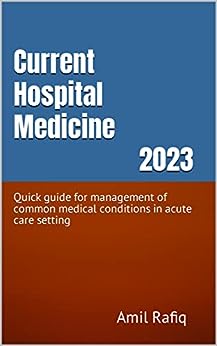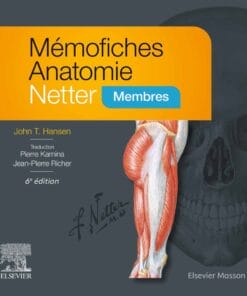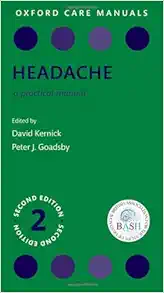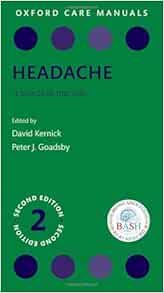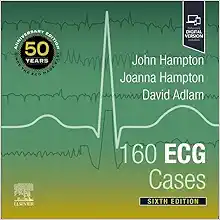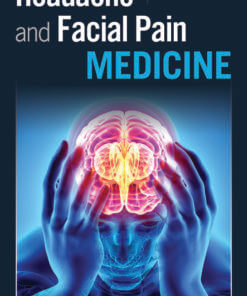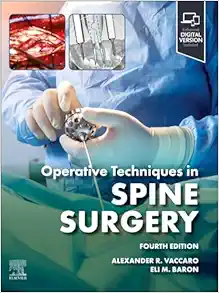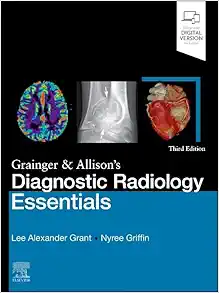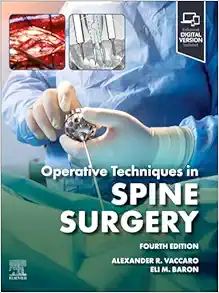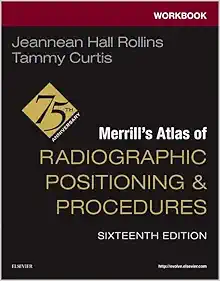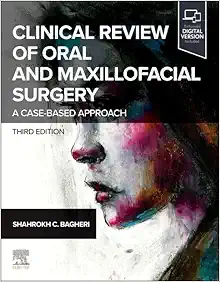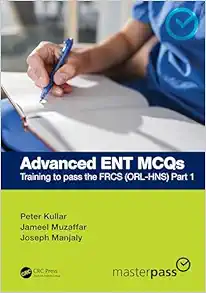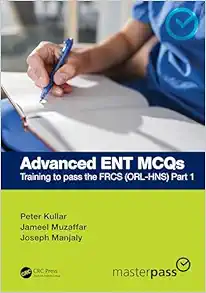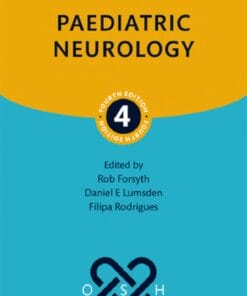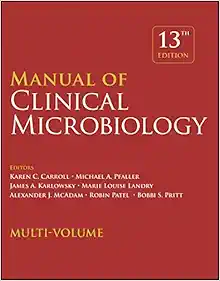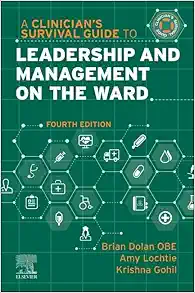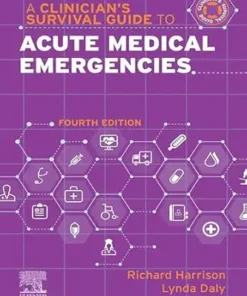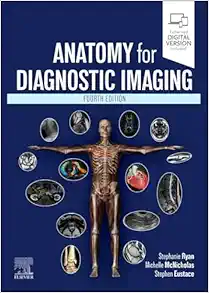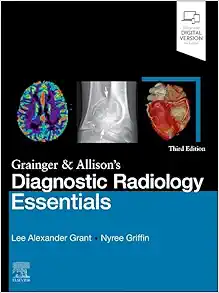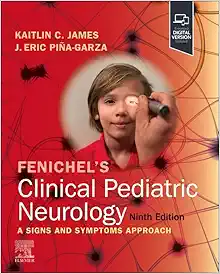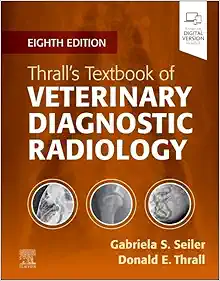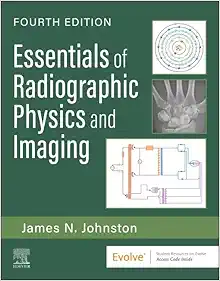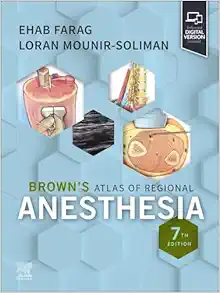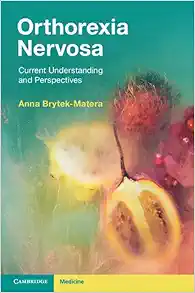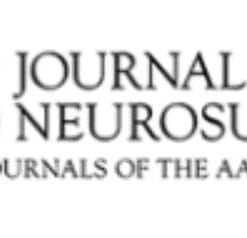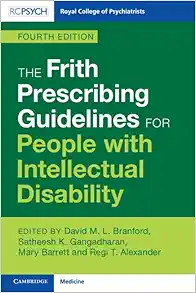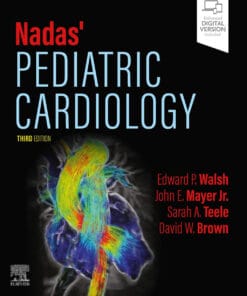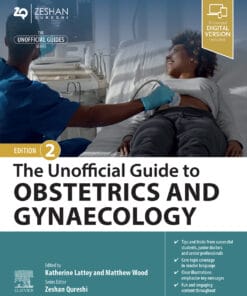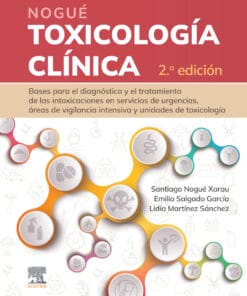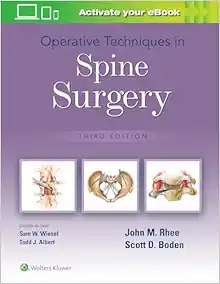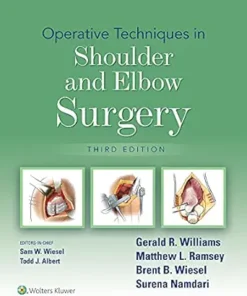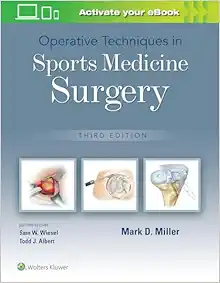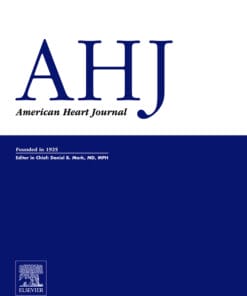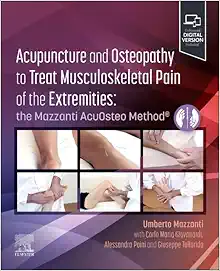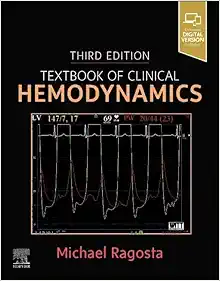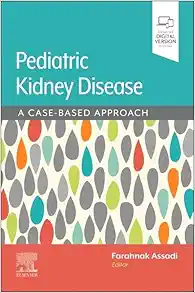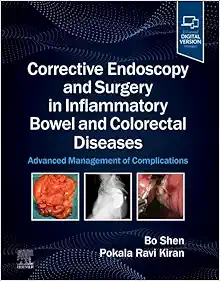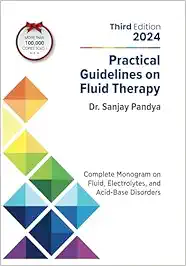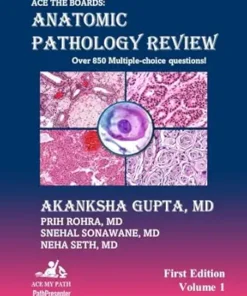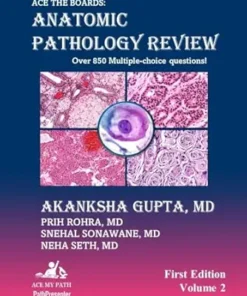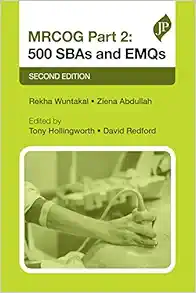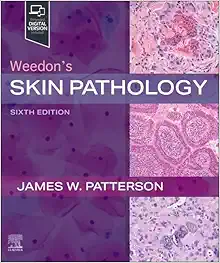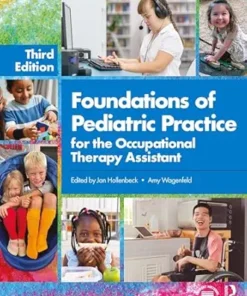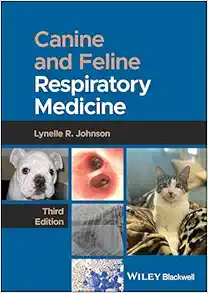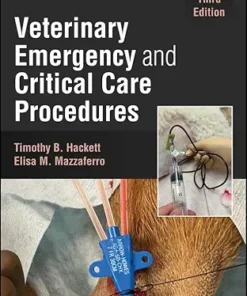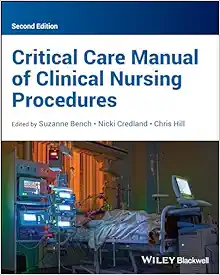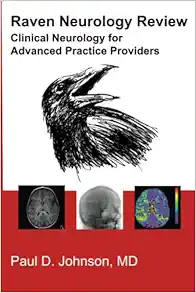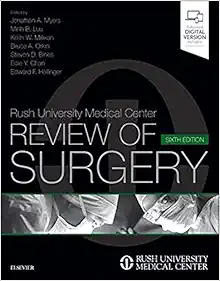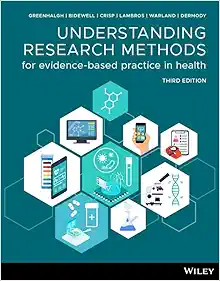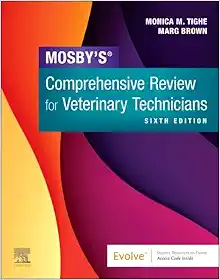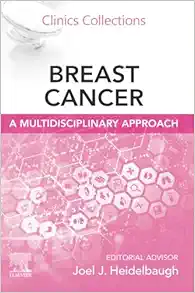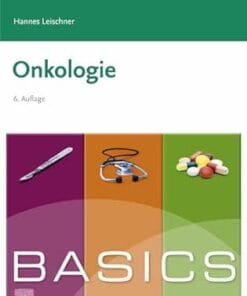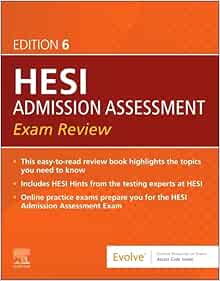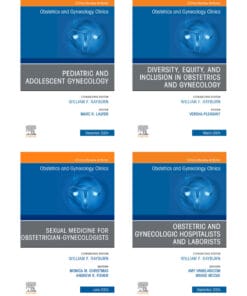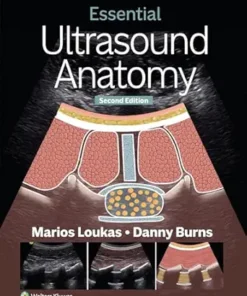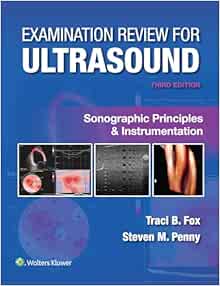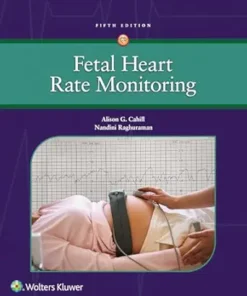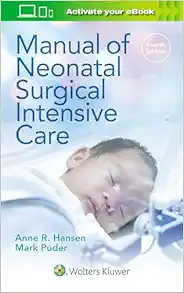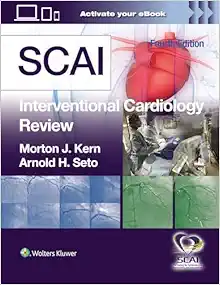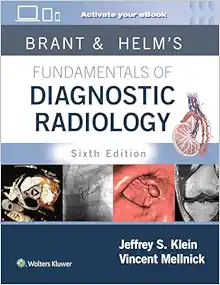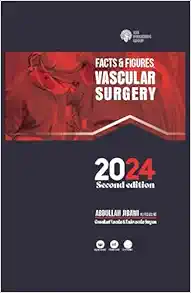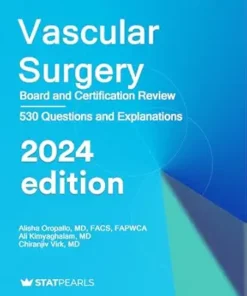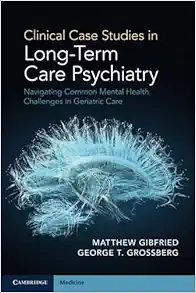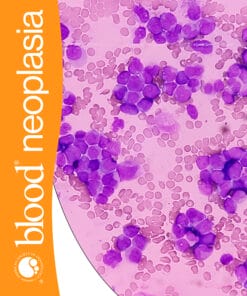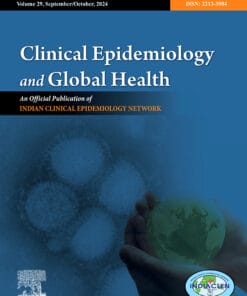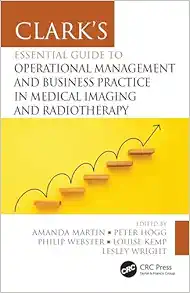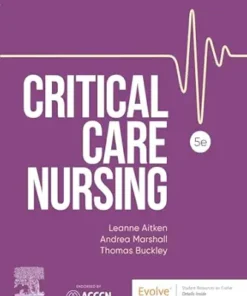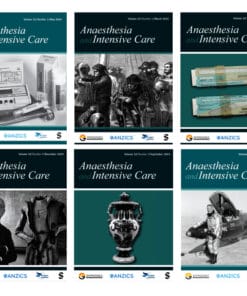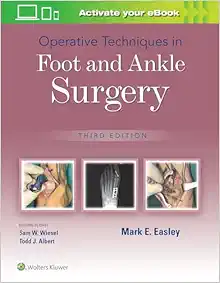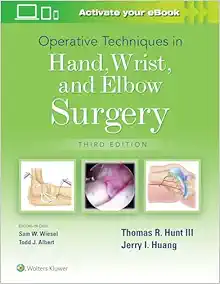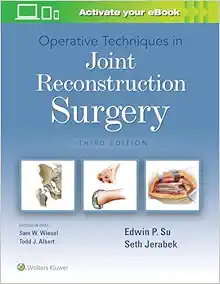Current Hospital Medicine 2023: Quick guide for management of common medical conditions in acute care setting (Azw3 + ePub Book + Converted PDF)
6 $
Format : Azw3 + EPUB + Converted PDF
File Size : 760
This is an updated quick reference guide on the management and treatment of patients upon initial presentation to the hospital, aimed at medical professionals. It covers topics such as small bowel obstruction, pericarditis, bradycardia, hypomagnesemia, cardiac arrest, and massive transfusion. It was written by Amil Rafiq and published in November 2019, with a supported screen reader and sticky notes feature available for Kindle Scribe. ASIN: B08248RMTL.
Current Hospital Medicine 2023: Quick guide for management of common medical conditions in acute care setting (Azw3 + ePub Book + Converted PDF)
By Amil Rafiq
Assessment and initial management of patients in acute care setting
Current Hospital Medicine is a quick reference guide that emphasizes the assessment and management of patients at the time of initial presentation to the hospital . CHM is designed to provide concise, simple, and easy-to-understand information on the management of common medical conditions encountered in the inpatient setting . Vital sign assessment and monitoring are crucial components of the initial assessment of patients in the acute care setting. Vital signs such as body temperature, blood pressure, heart rate, respiratory rate, and oxygen saturation should be monitored regularly to detect any changes in the patient’s condition . The initial assessment also includes a thorough evaluation of the patient’s airway, breathing, and circulation, with prompt intervention as needed to ensure adequate oxygenation and perfusion .
Fluid and electrolyte management is another critical aspect of the initial management of patients in the acute care setting. Patients may present with a variety of fluid and electrolyte imbalances, such as dehydration, hyponatremia, hypernatremia, hypokalemia, and hyperkalemia, which can have serious consequences if left untreated . Treatment strategies may include fluid resuscitation, electrolyte replacement, and diuretic therapy, depending on the specific needs of the patient . In addition, patients with certain medical conditions, such as heart failure, may require careful monitoring of their fluid intake and output to prevent further complications .
Overall, CHM serves as a valuable resource for healthcare providers in the acute care setting, providing practical and expert information on the assessment and management of common medical conditions . By emphasizing the importance of vital sign assessment and monitoring, airway management and oxygenation, and fluid and electrolyte management, CHM can help healthcare providers deliver timely and effective care to their patients . With its concise, simple, and easy-to-understand format, CHM is an essential tool for any healthcare provider working in the acute care setting.
Management of common medical conditions in acute care setting
Current Hospital Medicine is a quick reference guide that provides concise and easy-to-understand information on the management of common medical conditions encountered in the acute care setting . Acute Coronary Syndrome is one such condition that requires prompt and effective management. The initial management of ACS involves administering antiplatelet and anticoagulant therapy, followed by revascularization procedures such as percutaneous coronary intervention or coronary artery bypass grafting . Early recognition and treatment of ACS can significantly improve patient outcomes and reduce mortality rates .
Respiratory failure is another common medical condition that requires immediate attention in the acute care setting. The management of respiratory failure involves providing supplemental oxygen, administering bronchodilators, and ensuring adequate ventilation . In cases of acute respiratory distress syndrome , early recognition and prompt treatment are crucial for improving patient outcomes. A recent study found that family members of patients with ARDS may experience symptoms of posttraumatic stress disorder, highlighting the importance of providing emotional support to both patients and their families .
Sepsis and septic shock are life-threatening conditions that require urgent management in the acute care setting. The initial management of sepsis involves administering broad-spectrum antibiotics and providing supportive care, including fluid resuscitation and vasopressor therapy . Early recognition and treatment of sepsis can significantly improve patient outcomes and reduce mortality rates . Therefore, it is essential for healthcare providers to be familiar with the latest evidence-based guidelines for the management of sepsis and septic shock .
Special considerations for certain patient populations in acute care setting
Geriatric patients require special considerations in the acute care setting due to their unique medical needs. These patients are at a higher risk for adverse drug reactions and may have multiple comorbidities, which can complicate their care . It is important to assess their functional status and cognitive abilities to determine the appropriate level of care and interventions needed . Additionally, geriatric patients may be more susceptible to delirium, falls, and pressure ulcers, so preventative measures should be taken to minimize these risks . A comprehensive geriatric assessment can help identify and address these issues, leading to improved outcomes and quality of care for these patients .
Pregnant patients also require special considerations in the acute care setting. The safety of any interventions or medications must be carefully considered, as they may affect both the mother and the fetus . Obstetric consultants should be involved in the patient’s care to ensure appropriate management of any complications that may arise . Common medical conditions in pregnancy, such as preeclampsia and gestational diabetes, require close monitoring and management to prevent adverse outcomes . Additionally, pregnant patients may require specialized equipment and accommodations, such as fetal monitoring and appropriate positioning during procedures .
Patients with chronic medical conditions, such as diabetes, heart failure, and chronic obstructive pulmonary disease, require careful management in the acute care setting to prevent exacerbations and complications. A thorough understanding of the patient’s medical history and current medications is essential for providing effective care . Close monitoring of vital signs, fluid balance, and electrolyte levels is necessary to prevent decompensation . Additionally, patients with chronic medical conditions may require specialized interventions, such as oxygen therapy or dialysis, to manage their conditions in the acute care setting . A multidisciplinary approach to care, involving primary care providers, specialists, and care coordinators, can help ensure that these patients receive the appropriate level of care and follow-up after discharge .
Product Details
- ASIN : B08248RMTL
- Publication date : November 27, 2019
- Language : English
- Screen Reader : Supported
- Sticky notes : On Kindle Scribe
- Page numbers source ISBN : 1712705644
Related Products
Medical Book
Medical Book
Medical Book


